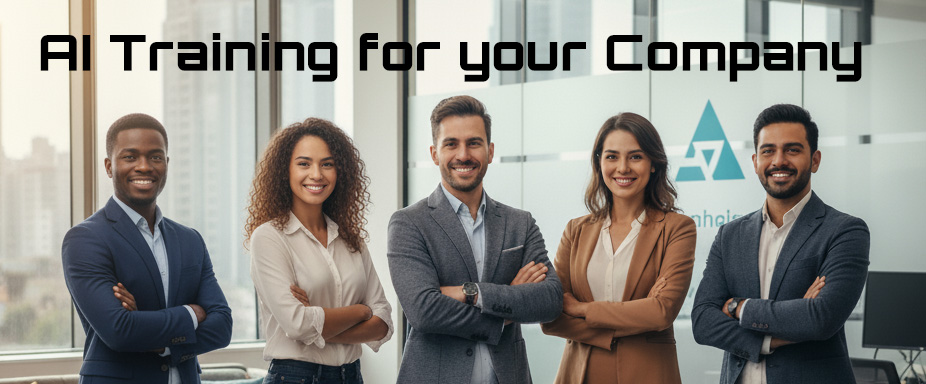The Impact of AI on Human Creativity
For centuries, the act of creation—writing a symphony, painting a masterpiece, telling an epic story—has been seen as a uniquely human endeavor. But now, artificial intelligence is stepping into the studio as a powerful new collaborator. This has sparked a fascinating debate: will AI be the ultimate tool, augmenting our creativity to unheard-of levels, or a force that devalues the very skills that define us as artists?
The optimistic vision is that AI will be the catalyst for a new Renaissance. Imagine a single filmmaker being able to create epic movies with special effects that once required a multi-million dollar studio, all from their laptop. Think of a novelist, no longer spending decades building a complex world like Middle-earth, but co-creating it with an AI partner in a fraction of the time, allowing them to focus on the characters and plot. In this view, AI is a creative co-pilot, a tireless assistant that can help with brainstorming, generate variations, handle tedious tasks, and open up artistic possibilities that were previously prohibitively expensive or time-consuming.
Key Concept: AI Will Cause a New Arts Renaissance
With AI as a co-creator, we are entering a new era of artistic expression. This is not just about machines producing art; it's about humans collaborating with AI to create something entirely new.
The Two Sides of AI in Creativity
Is AI a muse or a machine that makes human skill obsolete? The creative community is deeply divided.
The Promise: Radical Augmentation
This view sees AI as the ultimate creative tool, empowering individuals and small teams to achieve unprecedented results.
- Democratization: Gives high-powered tools to everyone, allowing independent artists to produce work with the quality of a major studio.
- Overcoming Blocks: Acts as a brainstorming partner, offering ideas, variations, and new directions to break through creative ruts.
- Accelerated Production: Dramatically speeds up the creation process, allowing writers, musicians, and designers to bring their grand visions to life faster.
- New Art Forms: Enables the creation of entirely new forms of interactive and generative art that were never possible before.
The Peril: Homogenization and Devaluation
This perspective fears that an over-reliance on AI could lead to a less original and less valuable creative landscape.
- Loss of Originality: If everyone uses the same AI tools trained on the same data, art could become generic and stylistically similar.
- Devaluing Skill: May diminish the value of hard-won human skills. If anyone can prompt an epic painting, what is the value of spending a decade learning to paint?
- Ethical Concerns: Raises complex questions about copyright, ownership, and the fact that many models were trained on the work of human artists without their consent.
- Authenticity: Can art created by a machine ever have the same depth, soul, and meaning as art born from human experience, struggle, and emotion?
Quick Check
What is the optimistic "renaissance" view of AI's impact on creativity?

Recap: The Impact of AI on Human Creativity
What we covered:
- AI is poised to have a massive impact on creative fields, acting as a new kind of collaborator.
- The optimistic view is that AI will augment human creativity, leading to a new "Arts Renaissance" by making complex creation more accessible and faster.
- The pessimistic view is that AI could devalue human skill and lead to a more homogenized, less original creative landscape.
- The true outcome likely lies somewhere in between and will be shaped by how artists choose to use these new tools.
Why it matters:
- Art and culture are fundamental parts of the human experience. How we integrate this powerful new technology into our creative processes will define the stories we tell, the music we hear, and the art we see for generations to come.
Next up:
- We'll look at another crucial area of AI ethics and safety: the future of AI in warfare.


